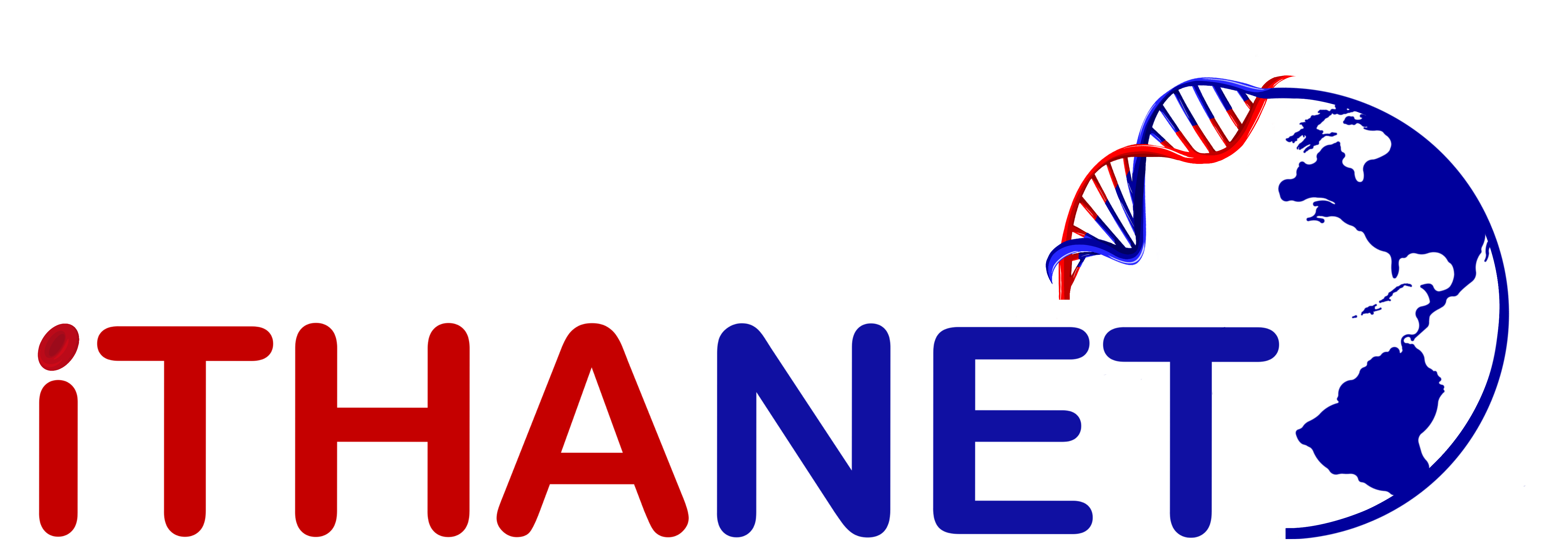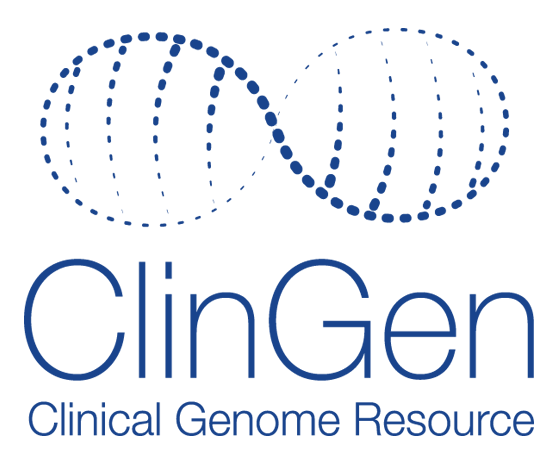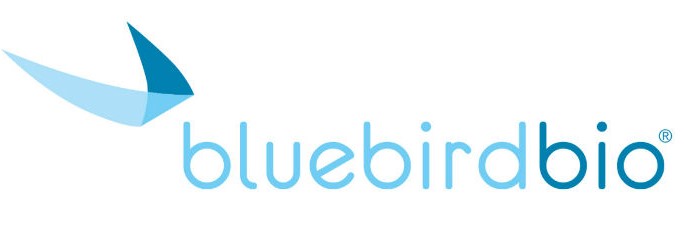
Chiesi Global Rare Diseases, a business unit of Chiesi Farmaceutici S.p.A., an international research-focused healthcare Group (Chiesi Group), announced that Health Canada has approved FERRIPROX® (deferiprone) for the treatment of iron overload in patients with sickle cell disease (SCD) or other anemias. FERRIPROX® was previously approved in Canada for the treatment of iron overload in patients with thalassemia major when current chelation therapy is inadequate. The decision comes about five months after the FDA approved FERRIPROX® for the same indication in the U.S. and one month after its approval in Brazil. Read here for more information.
A new treatment, called Adakveo (crizanlizumab), is now available to treat patients with sickle cell disease (SCD) through the United Kingdom’s National Health Service (NHS). Adakveo will be available in England and Wales to eligible patients, 16 years and older, to help prevent recurrent sickle cell crises (pain episodes). It can be given as an add-on therapy to hydroxyurea/hydroxycarbamide (HU/HC) or as monotherapy in patients for whom HU/HC is inappropriate or inadequate. This is the first time in decades that a new therapy for SCD has been made available on the NHS. Read here for more information.




